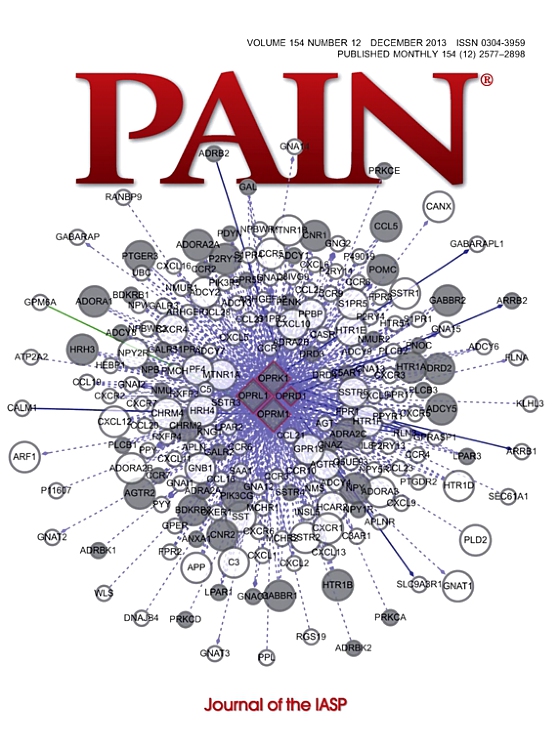How people resolve pain: insights from human transcriptomics into immune activation and therapeutic innovations.
IF 5.5
1区 医学
Q1 ANESTHESIOLOGY
引用次数: 0
Abstract
Patients with chronic pain commonly exhibit elevated inflammatory markers in the blood that correlate with reported pain and pain-related disability. Although inflammation is traditionally seen as a driver of chronic pain, recent transcriptomic data challenge this view, highlighting the beneficial role of acute inflammation in pain resolution. Here, we present evidence pointing to the overall dynamics of the inflammatory response being critical for pain resolution with the initial acute inflammatory response necessary to trigger pain resolution processes. We posit that chronic pain reflects an inability to resolve inflammation rather than its mere presence. Pharmacological or nonpharmacological reactivation of acute inflammatory pathways may thus provide novel therapeutic strategies targeting pain resolution instead of merely mitigating pain perception. This novel hypothesis regarding the effect of inflammation on pain is an example of what can be learned using unbiased approaches such as human transcriptomics. We believe that the near future will feature more examples of hypothesis generation using human genetics followed up by mechanistic experimentation in animal models.人们如何解决疼痛:从人类转录组学到免疫激活和治疗创新的见解。
慢性疼痛患者通常表现出与报告的疼痛和疼痛相关残疾相关的血液炎症标志物升高。尽管炎症传统上被认为是慢性疼痛的驱动因素,但最近的转录组学数据挑战了这一观点,强调了急性炎症在疼痛缓解中的有益作用。在这里,我们提供的证据表明,炎症反应的整体动力学对于疼痛的解决至关重要,初始的急性炎症反应是触发疼痛解决过程所必需的。我们认为慢性疼痛反映了无法解决炎症,而不仅仅是它的存在。因此,药物或非药物激活急性炎症途径可能提供针对疼痛解决的新治疗策略,而不仅仅是减轻疼痛感知。这种关于炎症对疼痛影响的新假设是使用人类转录组学等无偏见方法可以了解到的一个例子。我们相信,在不久的将来,将会有更多的例子使用人类遗传学来产生假设,随后在动物模型中进行机械实验。
本文章由计算机程序翻译,如有差异,请以英文原文为准。
求助全文
约1分钟内获得全文
求助全文
来源期刊

PAIN®
医学-临床神经学
CiteScore
12.50
自引率
8.10%
发文量
242
审稿时长
9 months
期刊介绍:
PAIN® is the official publication of the International Association for the Study of Pain and publishes original research on the nature,mechanisms and treatment of pain.PAIN® provides a forum for the dissemination of research in the basic and clinical sciences of multidisciplinary interest.
 求助内容:
求助内容: 应助结果提醒方式:
应助结果提醒方式:


